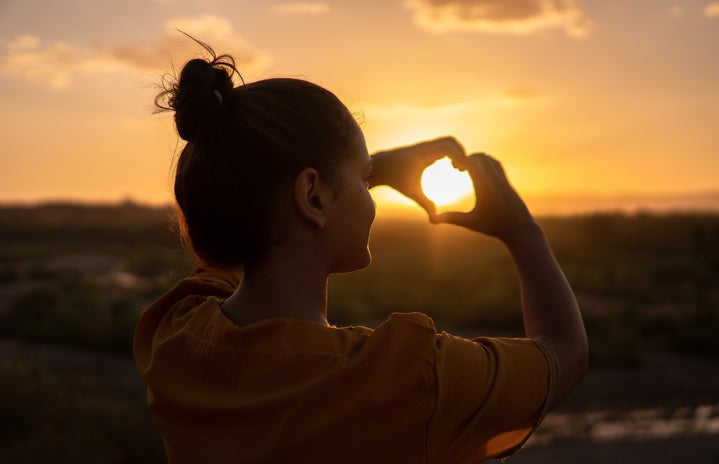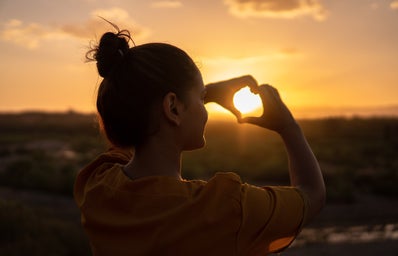By, Bridget Turro
Ableism is discrimination in the favor of able-bodied people. Disabilities look different on everyone, especially me because I have an invisible disease. I have Type One Diabetes, which is a chronic auto-immune disease where your immune system attacks your pancreas, making it unable to produce insulin and properly burn energy. It doesn’t seem like a big deal but diabetes affects almost every part of my life. I have to make an average of over 180 decisions a day related to my health. Diabetes not only affects your pancreas but your kidney, liver, nerves and eyes. Getting diagnosed with diabetes drastically changed my life and how I live it, to make things easier for myself I am entitled to accommodations through the school. This means if I have an issue related to my diabetes, I can be excused to deal with it. As I grow older, the disease only becomes harder to manage as it slowly takes over more parts of my life. As I have grown, so have my accommodations. I realized what might work for me one year, might not work for me the next. Since our bodies are always changing, this is a normal thing. For able-bodied folks, it’s easy to think that people with accommodations are lying, lazy or faking it, and I have been accused of all three by people who I thought were close to me.
It is hard to describe the everyday pain and struggles disabled people go through that able-bodied people don’t see. For a while, I could understand where they are coming from. People with limited knowledge of a certain disability have their assumptions and stereotypes about how that person should act or behave. When in reality 10 people with the same disability will all have different accommodations, strengths and weaknesses. A lot of people with disabilities often feel as if they are a burden in most situations. I feel as though I have missed out on so many experiences, and moments have been ruined due to my health.
It wasn’t fully until college that I experienced ableism to my face. I have had to change my accommodations due to developing new diseases throughout my time in college, and it wasn’t until I started changing my accommodations is when people began to show their true colors. I felt like a burden for asking for proper accommodations for my disability and the people around me weren’t helping that feeling go away. I also felt gaslit when I would call someone out on their ableism, and was told I was wrong when the issue had to do with me and my disease and being discriminated against. People with invisible disabilities struggle every day with lack of understanding for our suffering because you physically can’t see it. I truly think ableism comes from privilege and ignorance. Listening to the disabled people around you is important when trying to be a more inclusive and ableist-free society.


